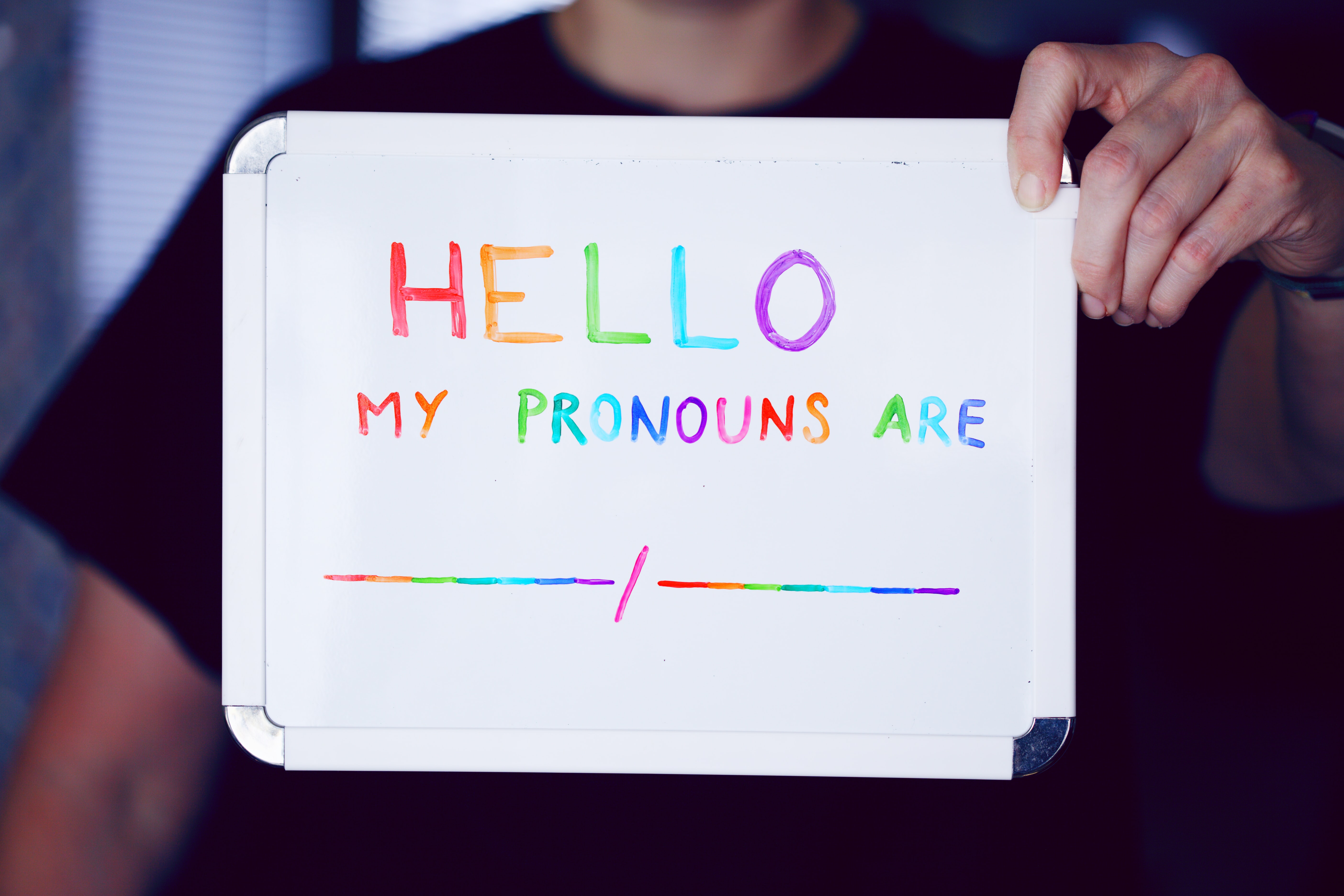Around the world, June is recognised as LGBTQIA+ (Lesbian, Gay, Bisexual, Transgender, Queer, Intersex, and Asexual) Pride Month to commemorate a tipping point in queer human rights history — the Stonewall Riots uprising. Find out more about Pride Month.
Pride Month presents a chance to express support for friends, family, co-workers or other LGBTQIA+ people.
Here are just some of the things you can do as an ally, not just during Pride Month, but all year long:
- Get educated, get involved:
Educate yourself in the history and weight of Pride and the LGBTQIA+ rights movement.
You could:
- Watch The Death and Life of Marsha P. Johnson — Marsha P. Johnson was a transgender woman, LGBTQIA+ activist and one of the prominent figures in the Stonewall Riots uprising in 1969
- Listen to Queer as Fact, a podcast looking at queer history from around the world
- Read Boy Erased, a memoir written by Garrard Conley about the struggles of his childhood, in which he was forced to enrol in conversion therapy by his religious family
- Use inclusive language and unlearn common stereotypes:
Commit to using inclusive language, which recognises and honours diversity. Avoiding using gendered language like “girlfriend” or “you guys” are small ways to normalise sexual orientations or gender identities besides your own. Similarly, don’t try to ascribe individuals to dated and often sexist attributes or responsibilities traditionally delineated as “male” or “female.”
- Use the right pronouns:
Don’t be afraid to offer your own pronouns or to respectfully ask someone theirs. Consider adding your pronouns to your email signature too. (Pronouns means how you identify — he/him, she/her, they/them, for instance — and how you’d like other people to refer to you. This is a great, inclusive practice for everyone — especially if you’re cisgender!)
- Speak up & be vocal about your allyship:
Being a good friend or family member means having your LGBTQIA+ friend’s back. Speak out against disparaging remarks or jokes that stereotypes LGBTQIA+ people. Speak supportively of LGBTQIA+ activism in different settings. This helps normalise talking about and supporting LGBTQIA+ issues.
Look out for more LGBTQIA+ stories this month on our social media around being an ally and support available.
